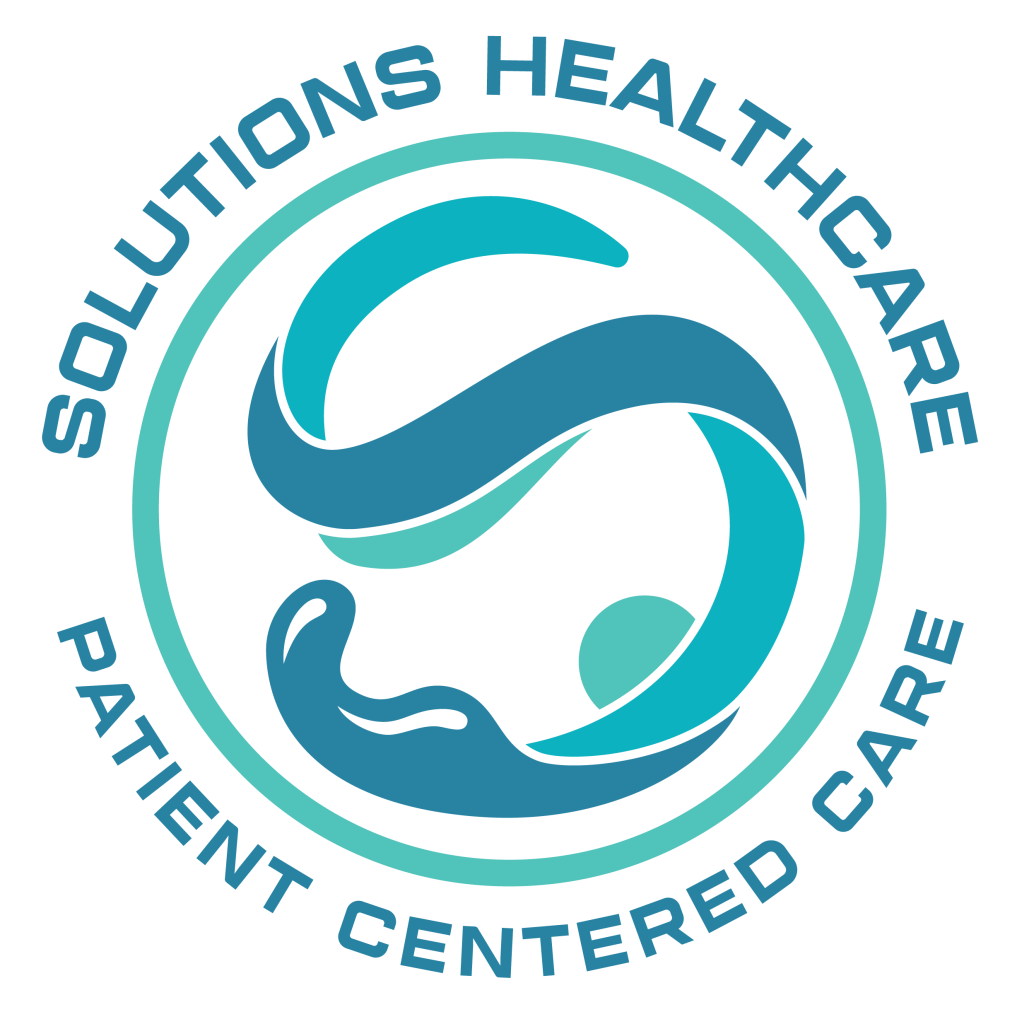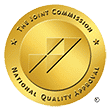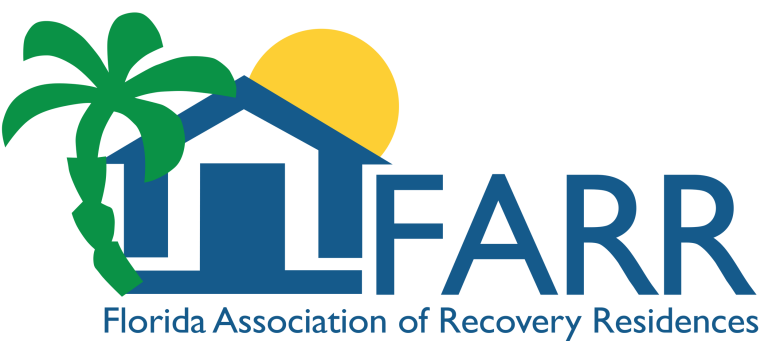Polydrug use is when people mix different substances. This practice is becoming more common. Many individuals do this to enhance their high or balance the effects of various drugs.
One particularly dangerous and potentially fatal combination is Xanax and cocaine.
Some people think that mixing a depressant like Xanax with a stimulant like cocaine balances their effects. However, this combination overloads the body and confuses the nervous system. It also greatly raises the risk of overdose and long-term harm.
Xanax (alprazolam) is a benzodiazepine prescribed to treat anxiety and panic disorders by slowing down brain activity and inducing relaxation.
Cocaine, on the other hand, is a powerful stimulant that spikes dopamine levels, creating intense energy and euphoria.
When people use these drugs together, their opposing effects hide important overdose warning signs. This makes it easier to take dangerous levels of both drugs without noticing the risk.
Why Do People Mix Xanax and Cocaine?
Some people mix Xanax and cocaine, even though it’s very risky. They might do this to improve or control their drug experience. This dangerous combination is often used for three main reasons:
- Counteracting Effects – Cocaine is a powerful stimulant that increases energy, alertness, and euphoria. However, as the high wears off, users may experience crashes, anxiety, and restlessness. To soften the comedown, some turn to Xanax, a central nervous system depressant, to calm their nerves and help them sleep.
- Enhancing Euphoria – Some believe that mixing a stimulant with a depressant creates a more intense, longer-lasting high. Cocaine increases dopamine levels, while Xanax enhances sedation and relaxation, leading to a feeling of temporary bliss. However, this combination can quickly lead to blackouts, respiratory depression, and overdose.
- Tolerance and Dependence – With regular use of Xanax or cocaine, a person can develop tolerance. This means they need larger doses to feel the same effect. Some users take Xanax to extend their cocaine high. Others use it to prevent withdrawal symptoms. This creates a cycle of dependence and addiction.
While some believe that mixing Xanax and cocaine “balances” their effects, the reality is far more dangerous. This mix does not stabilize its effects. Instead, it creates a dangerous tug-of-war in the body, which can lead to fatal consequences and various side effects.
The Dangers of Mixing Cocaine and Xanax
Mixing Xanax and cocaine creates a dangerous chemical battle inside the body.
The two drugs have opposite effects on the central nervous system (CNS). This causes them to send mixed signals to the brain. These conflicting signals can lead to serious health risks.
Conflicting Effects on the CNS
Cocaine is a CNS stimulant that increases heart rate, blood pressure, and alertness by flooding the brain with dopamine. Xanax, on the other hand, is a CNS depressant that slows down brain activity, breathing, and heart function.
When used together, these drugs create a “push-pull” effect. This confuses the body and puts a lot of stress on the heart and nervous system. This imbalance can lead to irregular heart rhythms, panic attacks, and an increased risk of overdose.
Masking Overdose Warning Signs
When a person takes too much Xanax, they may feel sleepy, confused, or have slow breathing. These are clear signs of an overdose.
Cocaine makes users feel more awake. This can hide the symptoms of Xanax use. As a result, users may not realize how much Xanax is in their system. As a result, they may keep taking more until respiratory failure occurs.
Increased Risk of Heart Problems
Both Xanax and cocaine put tremendous strain on the heart. Cocaine spikes blood pressure and heart rate, while Xanax can cause low blood pressure and slowed heart function when its effects take over.
This constant fluctuation significantly increases the risk of arrhythmias, heart attacks, and strokes.
Higher Likelihood of Respiratory Depression
As cocaine wears off, Xanax takes full control, leading to severe drowsiness and slowed breathing. If there is too much Xanax in the body, it can cause respiratory depression. This means breathing may become very shallow or even stop completely.
This is one of the leading causes of overdose deaths involving benzodiazepines, especially when mixed with other substances.
100% Confidential Support is Available 24/7
No matter what you’re going through, you’re not alone. Our dedicated team is here to provide a safe, judgment-free space where you can talk openly and honestly. Whether you need emotional support, resources, or just someone to listen.
We’re here for you—completely confidential and always respectful of your privacy. Call us today!
The Psychological and Behavioral Risks
Beyond the physical dangers, mixing Xanax and cocaine has severe psychological and behavioral consequences.
The strong effects of a stimulant and a depressant can disrupt brain chemistry. This leads to mood swings, poor judgment, and a high risk of addiction.
Severe Mood Swings
Switching between a high-energy stimulant (cocaine) and a sedative (Xanax) causes extreme emotional instability.
Users often experience:
- Irritability and agitation as the effects of cocaine wear off
- Paranoia and anxiety due to overstimulation of the nervous system
- Depressive crashes when the body slows down from Xanax’s sedative effects
- Aggression, impulsivity, and even violent outbursts.
Increased Risk of Reckless Behavior
Cocaine can cause overconfidence and risky decision-making, while Xanax impairs coordination and awareness.
This combination can lead to:
- Car accidents and injuries due to delayed reaction times.
- Engaging in dangerous activities without realizing the consequences.
- Involvement in legal trouble severely affects judgment and impulse control.
Cognitive Impairment
Using Xanax and cocaine together interferes with memory formation and brain function, leading to:
- Blackouts
- Difficulty concentrating and processing information.
- Long-term cognitive decline
Addiction and Dependence Risks
Using Xanax and cocaine together reinforces a cycle of dependence. Cocaine users may begin relying on Xanax to ease anxiety and crashes. On the other hand, Xanax users may start using cocaine to counteract drowsiness.
This leads to a dual addiction, making withdrawal and recovery even more challenging. Detoxing from both substances requires medical supervision, as withdrawal symptoms can be physically and psychologically severe.
Contact Solutions Healthcare
Battling with Drug and Alcohol Addition? Remember, you are not alone and we are here to help you!
Signs of Overdose and When to Seek Help
Mixing Xanax and cocaine greatly raises the risk of overdose. These drugs have opposite effects, which confuse the body. This confusion can strain important organs like the heart and lungs.
Since cocaine is a stimulant and Xanax is a depressant, users may not immediately recognize overdose symptoms, making this combination particularly dangerous.
Warning Signs of an Overdose
An overdose of Xanax and cocaine can happen quickly. Symptoms can vary based on a person’s tolerance and how much they took.
Warning signs to watch for include:
- Severe confusion or unresponsiveness – The person may struggle to speak, seem disoriented, or become unconscious.
- Shallow or stopped breathing – Xanax’s depressant effects can slow breathing to dangerous levels, leading to respiratory failure.
- Chest pain or an irregular heartbeat – Cocaine raises heart rate and blood pressure. This can lead to a heart attack, stroke, or dangerous heart rhythm.
- Seizures or loss of consciousness – The mix of cocaine and Xanax can overstimulate the brain. This can lead to serious reactions, like seizures.
What to Do If Someone Is Overdosing
If you suspect someone is experiencing an overdose from mixing Xanax and cocaine, take immediate action:
- Call 911 immediately – Even if the person appears semi-conscious, opioid and benzodiazepine overdoses can escalate rapidly.
- Check for breathing and pulse – If they are not breathing, begin CPR while waiting for medical professionals.
- Administer Narcan (Naloxone) if opioids are involved. Narcan does not directly reverse a Xanax overdose. However, many people use opioids with Xanax. This makes Narcan a life-saving tool.
- If possible, keep the person awake and alert. If they are conscious but drowsy, keep them engaged and in an upright position to prevent choking.
- Stay with them until help arrives – Medical professionals will need to stabilize their breathing, heart rate, and neurological function.
Overdoses from Xanax and cocaine can be fatal, but they are preventable. If you or someone you know is using multiple drugs, it’s important to get help. Professional support can prevent serious issues.
Find Treatment Now
The good news is that recovery from cocaine and Xanax addiction or abuse is possible. With the right medical help, therapy, and long-term care, people can overcome addiction and take back control of their lives.
At Solutions Healthcare, our programs offer a safe and caring place. We help people overcome polydrug use. Our goal is to help them build a future without substance dependence.
If you or someone you love is caught in the cycle of Xanax and cocaine addiction, don’t wait—seek help now. Contact Solutions Healthcare today for confidential support and treatment options. Recovery starts with one step—take it today.
References
- National Institute of Health (NIH): Alprazolam
- Sage Journals: Experiences with benzodiazepine use, tapering, and discontinuation: an Internet survey
- Science Direct: Exploring clinical applications and long-term effectiveness of benzodiazepines: An integrated perspective on mechanisms, imaging, and personalized medicine
- National Institute on Drug Abuse (NIDA): Cocaine
- Science Direct: “I love having benzos after my coke shot”: The use of psychotropic medication among cocaine users in downtown Montreal
- National Institute of Health (NIH): Self-Administration of Benzodiazepine and Cocaine Combinations by Male and Female Rhesus Monkeys in a Choice Procedure: Role of α1 Subunit-Containing GABAA Receptors





























